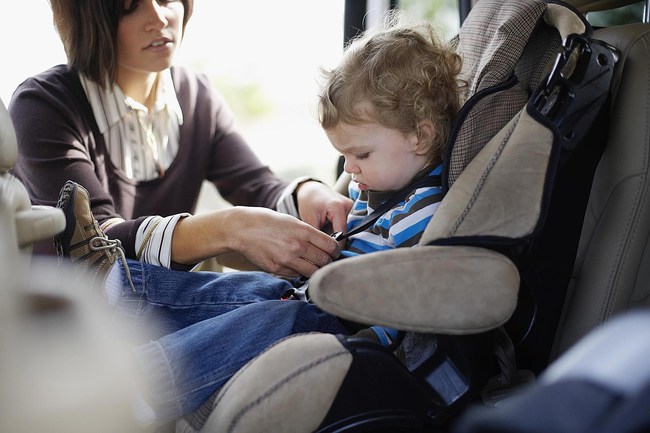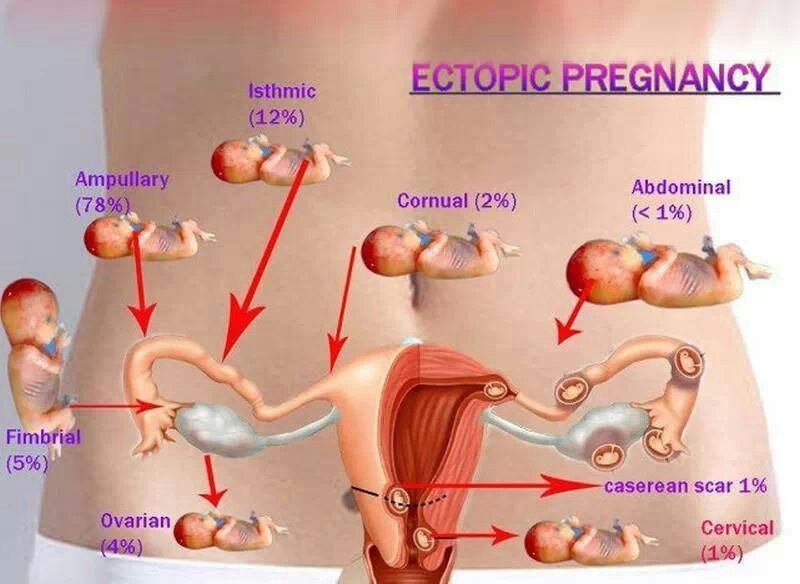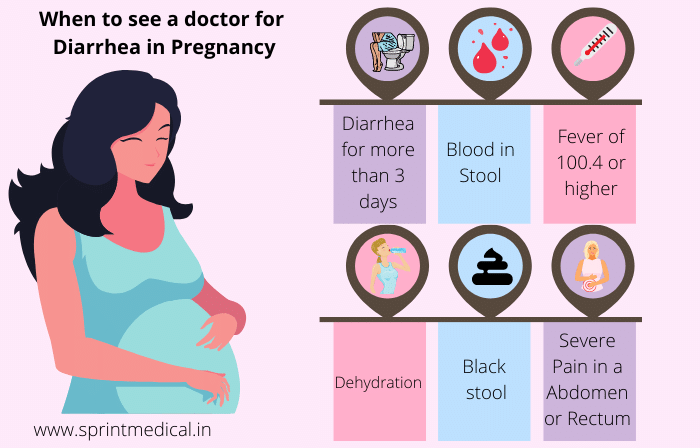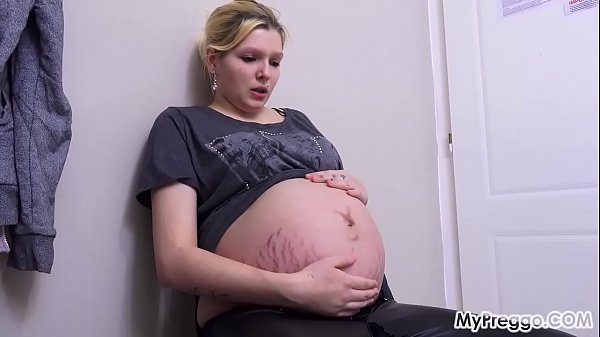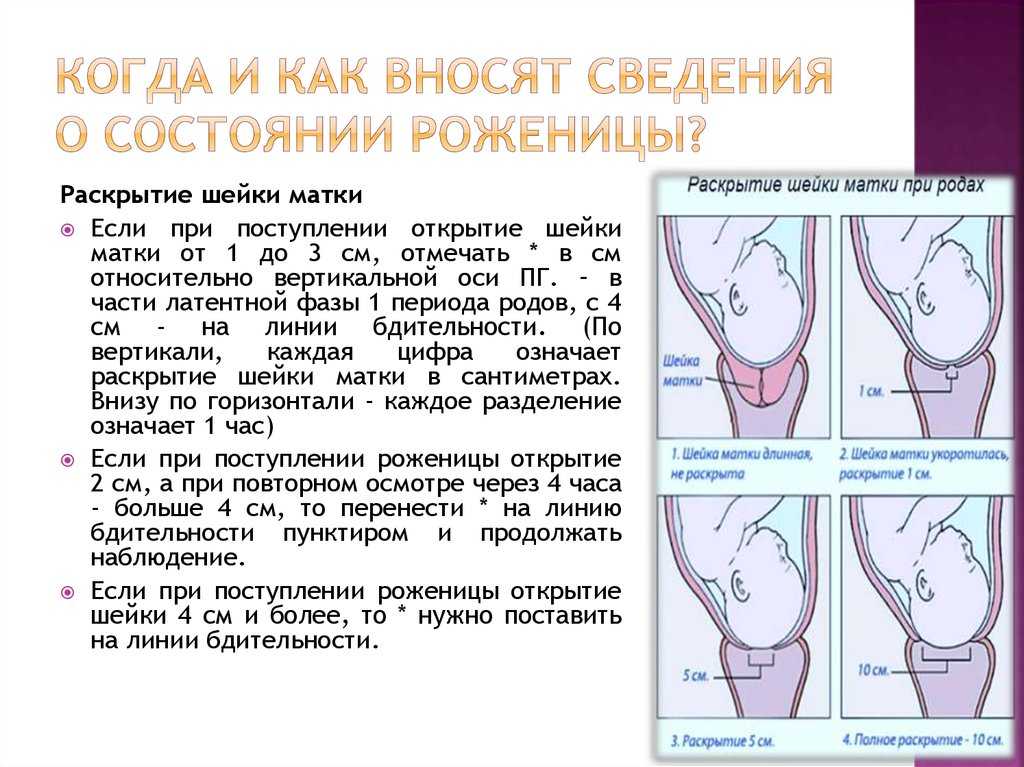How to collect back child support in california
How to Collect Back Child Support in California
Getting Your Child’s Parent to Pay Back Child Support
Custodial parents can take legal measures to enforce a child support order. Here’s how to collect back child support in California.
To effectively collect back child support in California, you’ll need to hold the person paying support (PPS) in contempt of court. Then, a judge can make a civil or criminal order that forces them to pay back any owed child support.
Back Child Support Laws in California
Child support is only enforceable with a court order. If a judge never decreed a child support order, it may be more difficult for you to receive any owed child support. Oral or written agreements that were never approved by a judge are not legally enforceable. However, if your child support agreement was approved in court, you can take legal actions to collect any child support owed to you.
Statute of Limitations for Back Child Support
Under California’s statute of limitations, parents have three years from the date of a missed payment to collect back child support. After three years of the missed payment, that support is no longer owed.
Related: Back Child Support Laws in California
File a Motion for Contempt Against the Payee
The first step to collecting back child support is to file a Motion for Contempt with the court. This form requests that the delinquent parent appears for a court hearing, where a judge will determine whether the PPS violated the court order and determine how the order should be enforced. If the judge finds that the paying parent willfully violated the child support order, the PPS will be held in contempt of court and can subsequently be given civil or criminal punishment.
Determine Child Support Arrears
Once the person paying support is held in contempt of court, the judge will determine arrears, or how much child support is owed. Then, the judge will decree a method of enforcement that best fits the situation at hand.
Get an Earnings Assignment/Wage Garnishment
A parent held in contempt of court may face an earnings assignment. If the judge orders an earnings assignment, child support payments will be deducted directly from their employee paycheck. Often called wage garnishment, this order legally forces the debtor’s employer to deduct a designated amount from the debtor’s paycheck and garnish earnings directly to the other parent. The employer has 10 days to deduct earnings from the debtor’s paycheck.
If the judge orders an earnings assignment, child support payments will be deducted directly from their employee paycheck. Often called wage garnishment, this order legally forces the debtor’s employer to deduct a designated amount from the debtor’s paycheck and garnish earnings directly to the other parent. The employer has 10 days to deduct earnings from the debtor’s paycheck.
Interest On Back Child Support
The judge may see it best fit to set accrued interest on any owed child support payments. Judges generally set a 10% annually accrued interest rate on child support arrears. This is a common way for custodial parents to collect back child support and simultaneously earn interest.
Seek Other Civil Penalties
Child support enforcement is not limited to setting interest or wage garnishment. A judge may order any of the following civil punishments to a parent held in contempt of court:
- Take funds directly from the PPS’s bank account to pay support
- Awarding attorney fees to the debtee
- Order the PPS’s assets be sold
- Order a child support lien be placed on the PPS’s assets
These penalties are not at all unusual in child support proceedings.
Seek Criminal Charges Against The Delinquent Parent
In more serious cases, a judge may be compelled to order any of the following criminal charges against the debtor:
- Temporarily suspend their driver’s license
- 120 to 240 hours of community service
- Up to two years in prison (only if payments are two years past due or exceed $10,000)
- Deny their passport application or renewal
- A maximum $1,000 fine
While these criminal charges may be filed against a PPS, judges typically do not order monetary fines as these funds could garnish child support payments.
Get A Lawyer
California’s back child support laws are complicated, and navigating through the enforcement process by yourself is near impossible. Back child support is difficult to collect; a lawyer can help you receive any support owed to you. If you’re looking to successfully collect back child support in California, contact one of our skilled child support attorneys today.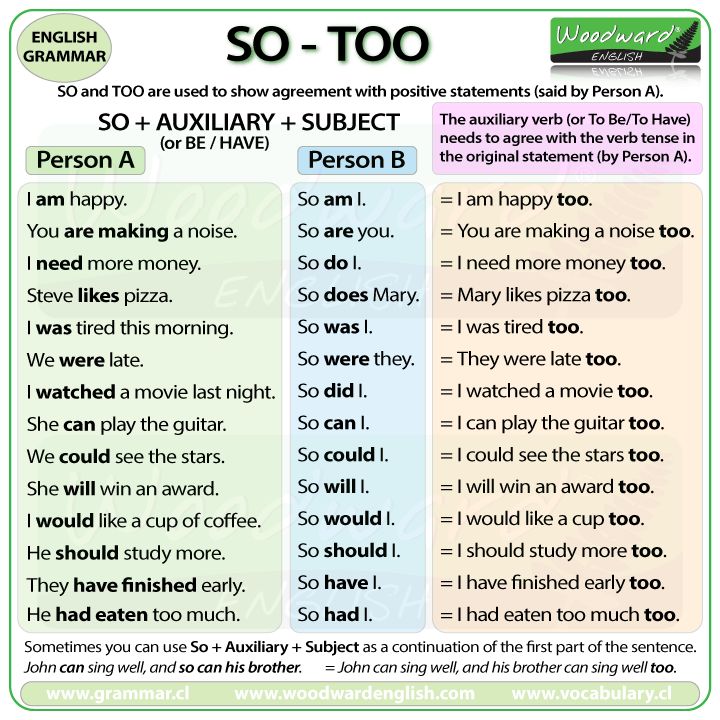
FAQs About Collecting Back Child Support in California
How much back child support is a felony in California?In California, back child support over two years past due or in excess of $10,000 is considered a felony and can lead to a maximum sentence of two years in prison.
Does back child support go to the child when they turn 18?After the child turns 18, the parent owed back child support can still collect the arrears. If collected, the parent owed support receives the payments, not the adult child.
Can I sue for back child support if there is no court order?Parents owed back child support without a court order have no legal grounds to sue for back child support. However, when applying for a court order, a parent may receive “retroactive child support” to cover the child’s expenses accumulated before the child support order was requested.
Can SSI be garnished for back child support?While Social Security Income (SSI) cannot be garnished for any child support payments (including back child support), Social Security Disability Insurance (SSDI) funds can be used to garnish back child support.
A custodial parent may receive the interest on back child support if a judge determines arrears.
How does back child support work in California?If a noncustodial parent does not pay child support, back child support arrears will be accumulated. A custodial parent can then file a Motion for Contempt and request that a judge review whether the PPS violated the child support order. If the PPS is found in contempt of court, the judge will order a method of child support enforcement as they see fit.
How long does back child support take to get from someone’s taxes?Parents collecting back child support from the debtor’s tax returns can expect to receive funds within two to three weeks from the tax refund offset.
Can I put a lien on my ex’s house for back child support?If back child support arrears are present and substantial, a judge can place a lien on a debtor’s assets to garnish owed child support.
In California, parents can still seek back child support after the child turns 18 and is no longer eligible for new child support payments. However, parents cannot collect back child support for more than three years after the date of the missed payment.
Contact Us
If you’re looking to collect back child support and need a lawyer, contact us. We’ll get you in touch with the most qualified attorney for your unique legal situation. Your first consultation is free. We’re here to help you 24/7.
Can You Get Retroactive Child Support in California?
Learn more about California's child support laws, including whether you can request retroactive support.
Whether you're divorced or you were never married to your child's other parent, in most cases, the court will order one parent to pay child support. Child support is a monthly payment that one parent makes to the other to care for a minor child or children from the relationship.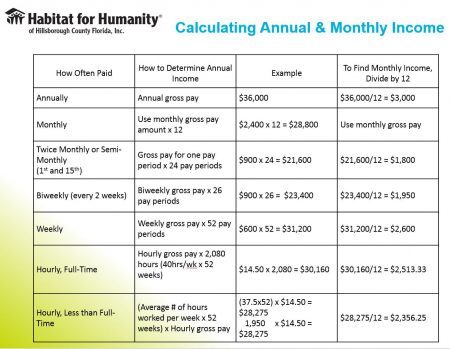
Generally, a noncustodial parent pays child support on a bi-weekly or monthly basis, and the court takes the funds from a paycheck and sends it directly to the other parent. Of course, if you and the other parent agree to a different frequency or amount, the court may approve it, as long as it's in the child's best interest.
Each state has its own guidelines for calculating child support. In California, it generally involves calculating each parent's income, the number of children, the percentages of time the child spends with each parent, and extra medical or daycare costs. (Cal. Fam. Code § 4055.) In a small number of states, the court will take a specific percentage depending on the number of children and the paying parent's income.
What Is Retroactive Child Support? How Is it Different from Arrears?
When the court orders child support, the paying parent must pay the full amount of the court order each month. If there are any months where the parent fails to pay the full amount or only pays a portion, the court tracks it and considers the missing funds as "arrears.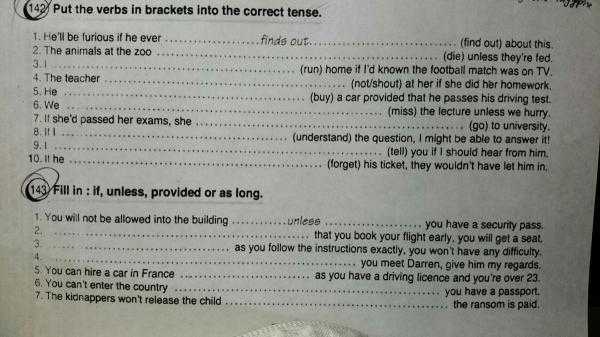 "
"
Failure to pay "back child support" or arrears can result in the other parent or the court requesting the delinquent parent to attend a "show cause" hearing, where the parent must explain the missing payments to the court. (Cal. Fam. Code § 4000.) If the court is satisfied with the parent's reasoning and see there is a plan to catch up, there may be no additional consequences.
However, if a parent fails to attend the hearing or doesn't present the court with a good enough reason for the missing payments, the court can find the parent in contempt. Contempt of court punishment can range from the judge ordering a parent to pay the other parent's attorney fees, court costs or result in additional fines or time in jail.
Retroactive child support is not the same as arrears. Retroactive support refers to child support that accrued before a judge issued a child support order. Arrears only occur after the court finalizes the child support order. In many states, when a parent files for divorce or a standalone child support case, the court will backdate the support to the initial filing date, which some states refer to as retroactive support, but others call it arrears.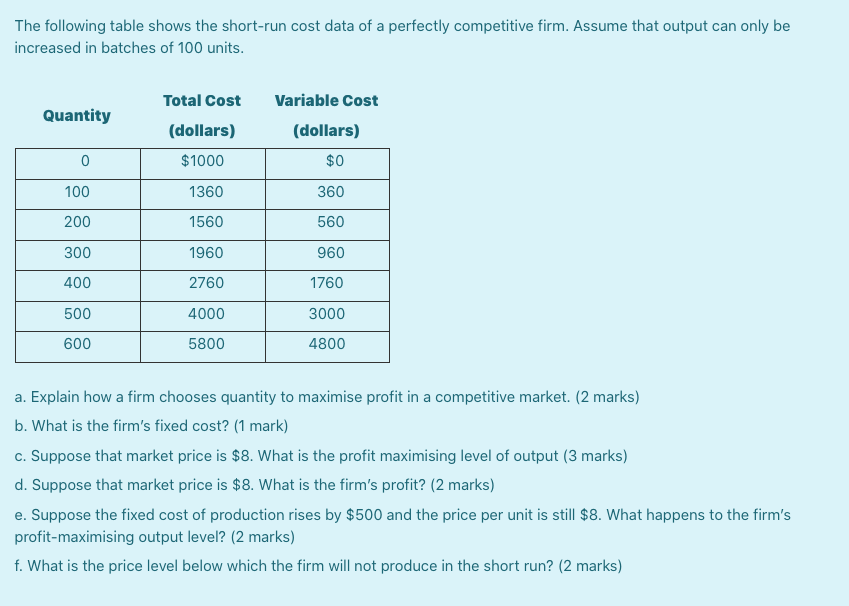
When are Courts Likely to Grant Retroactive Child Support?
It depends on where you live. In most states, courts limit retroactive child support for parents who waited for a court order. For example, suppose a mother files for child support on January 1st, but the court doesn't finalize a support order until April 1st. In that case, the judge will typically order the paying parent to pay the same amount of child support from January to April, in addition to the ongoing support.
Courts generally do not allow parents to recoup retroactive support when you request a modification of support, except to the date you filed. For example, if you have a reduced income due to an involuntary job loss and wait 6 months to file for a modification of your support obligation, you still owe the full amount of child support from the previous order.
If the court lowers your child support obligation after hearing your request, the lower amount only backdates to the date you served the other parent with your petition. So, if you can't afford your child support payment, filing for a modification as soon as possible is the best way to prevent arrears or contempt charges for nonpayment.
So, if you can't afford your child support payment, filing for a modification as soon as possible is the best way to prevent arrears or contempt charges for nonpayment.
What are the Limits on Retroactive Child Support?
If your state allows retroactive support, the law likely also puts a time limit on how far back the court can reach. Some states, like North Carolina, limit retroactive child support for up to three years before the parent filed for support. (N.C. Gen. Stat. § 50-13.4.)
Others, like Michigan, don't allow "retroactive support" except to the date of the filing of the petition requesting support. (Mich. Comp. Laws § 552.452 (1).) In Michigan's case, the goal of allowing retroactive support is to ensure that the court doesn't punish the filing parent when the court calendar doesn't allow for quick order. It also protects the filing parent from missing out on valuable funds when the other parent purposely delays the child support hearing.
Under California child support law, you can request retroactive child support, but the court only calculates it from when you served your petition for divorce or child support on the other parent.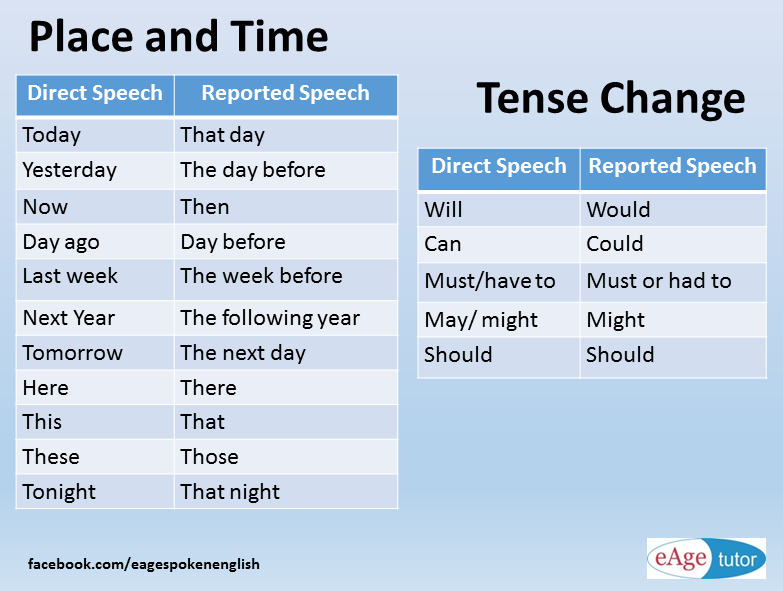 (Cal. Fam. Code § 4009.) Other states, like Arkansas, allow parents to request retroactive child support back to the date of a child's birth as long as they request support before the child turns 18 (or up to 5 years after). (Ark. Code Ann. § 9-14-236.)
(Cal. Fam. Code § 4009.) Other states, like Arkansas, allow parents to request retroactive child support back to the date of a child's birth as long as they request support before the child turns 18 (or up to 5 years after). (Ark. Code Ann. § 9-14-236.)
How Do Courts Calculate Retroactive Child Support?
Although each state's process may vary, the courts will generally calculate retroactive child support in the same manner that it calculates current child support. However, when calculating retroactive support, it's more likely that the judge will consider each parent's income during the retroactive period rather than the current income.
For example, in California, if you are requesting child support for 2017-2020, the court will consider both parent's incomes during that time. This means that even if one parent is now earning significantly more than in 2017, the only time the new income matters is when the court calculates the current support order. In California, when the court uses the state's guidelines, the law presumes that the amount of child support is correct.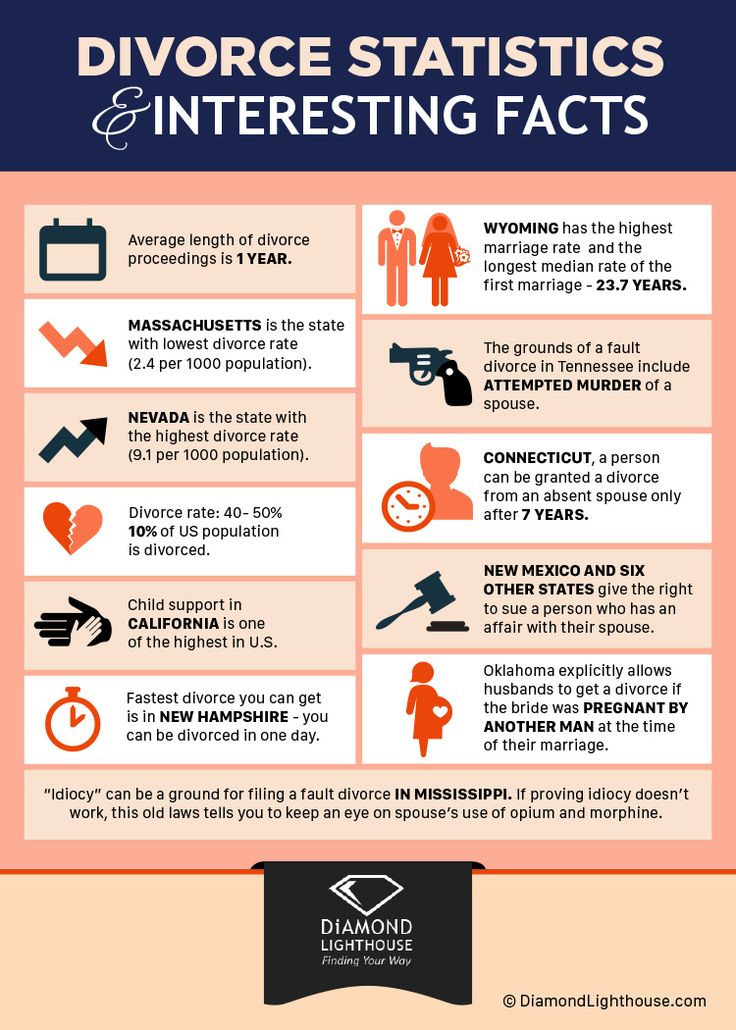
The court may consider a parent's contributions to the child's upbringing, including payment for medical or other expenses in the child's life. (Cal. Fam. Code § 4006.) If the judge wishes to deviate from the guideline calculation result, the statute requires the judge to list the reason. (Cal. Fam. Code § 4056.)
In states where the law limits retroactive support to the date of filing (or the date of service), the judge will use the state's current guidelines to determine the amount the paying parent owes.
To learn more about how courts in California calculate retroactive support, you should speak with an experienced family law attorney near you.
Is it possible to return alimony if the child turned out to be non-native? | Right | Society
Tatyana Molchanova
Estimated reading time: 3 minutes
533
Category: Legislation
Is the obligation to pay child support related to kinship, is it possible to simply stop paying child support if there is information that the child is from another person, and whether the money already spent will be returned - aif.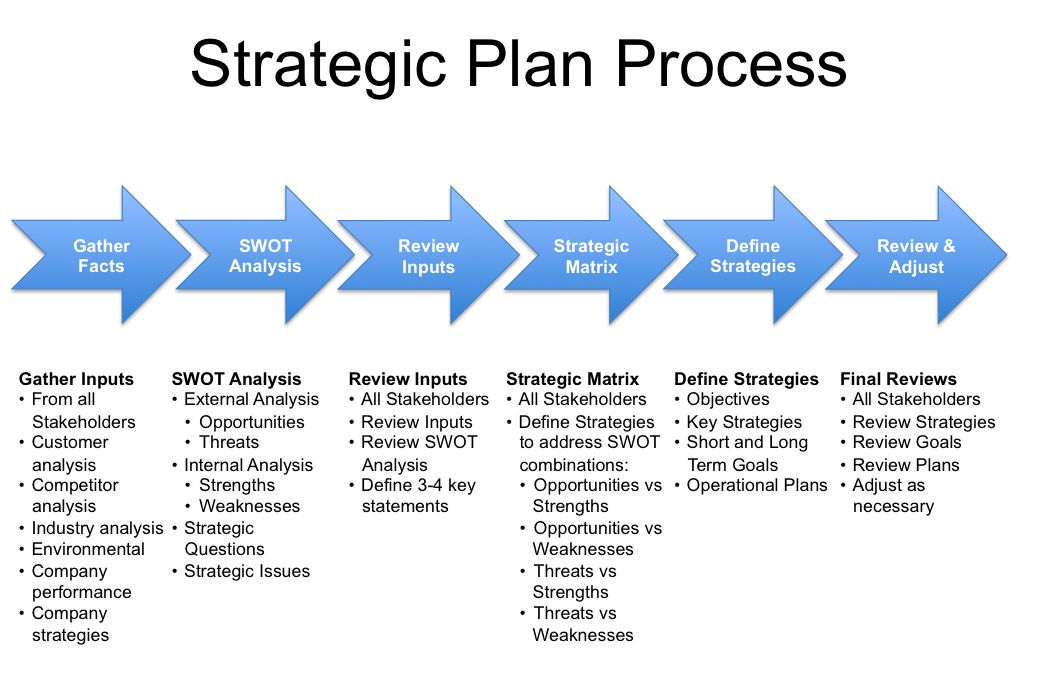 ru answers these questions.
ru answers these questions.
Who is obliged to pay child support?
According to the provisions of the Constitution and the Family Code of the Russian Federation, parents are obliged to support their children - this obligation is not made dependent on any circumstances. In the event that one of the parents is removed from bearing the burden placed on him, he can be obliged to financially provide for the child through the court or by concluding a notarial agreement. Moreover, this is possible not only when the parents are divorced or live separately - judicial practice knows cases when a parent lives in the same apartment with a child and does not give a penny for his maintenance.
Can a father stop paying child support if he finds out that the child is not his?
If the obligation to pay alimony is imposed on the father by the court, it is impossible to stop paying alimony without permission under any circumstances, except for the death of the child or the alimony payer. To relieve yourself of the obligation to support a minor, you need to go to court with a claim to challenge paternity. Only on the basis of a positive court decision can the record of paternity be excluded from the birth information of the child and stop paying child support.
To relieve yourself of the obligation to support a minor, you need to go to court with a claim to challenge paternity. Only on the basis of a positive court decision can the record of paternity be excluded from the birth information of the child and stop paying child support.
As explained by the Supreme Court in its ruling dated November 12, 2019 No. 44-KG19-17, all the time until the court decides that the father is not biological, the man is still considered the parent. If a man finds out that he is not the father of the child and stops paying child support before the court makes a decision, a debt will accumulate that will not go anywhere, even if the court recognizes that the father of the child is a different person.
In which case can the money paid for maintenance be returned?
The Family Code provides for three situations when a father can demand the return of all funds transferred to pay child support (clause 2, article 116 of the RF IC):
1) the child support order was set aside because the mother lied to the court or submitted false documents, such as a paternity test;
2) an agreement on the payment of alimony was declared invalid because one of the parents entered into it under duress (threats, violence) or was deceived;
3) the document on the payment of alimony (court decision, agreement, writ of execution) was forged, as established by the court verdict.
Sources :
http://www.consultant.ru/
http://vsrf.ru/
https://pravo.rg.ru/
child support paternity test child support
Next article
Media news2
How the mobilized will pay child support - October 5, 2022
In some cases, fathers can count on a deferment
Photo: Artem Ustyuzhanin / E1.RU
Share
who may not live with their children, but pay alimony for their maintenance. What will happen to this money? An exciting question that was asked at one of the briefings to the responsible secretary of the draft commission of Pomorye Vladimir Ananyev. Here is what he replied.
- A citizen who was taken away on a call for mobilization will receive a monetary allowance. We then called the composition of this monetary allowance. Due to monetary allowance, he can make any payments, including the payment of alimony, - Vladimir Ananiev explained.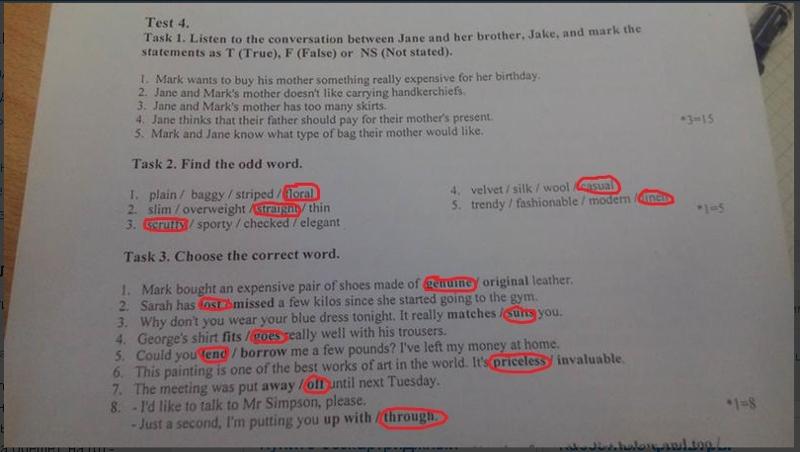
Our colleagues from Fontanka looked into more about what makes up the monetary allowance.
Earlier, lawyer Yevgeny Krylov answered the question of whether the mobilized person should continue to pay alimony.
— When mobilized, a person is not exempted from paying alimony. They will be deducted from the allowance in the amount determined by the court decision,” he explained.
However, we note that the UFSSP of Pomorie reported that enforcement proceedings against citizens falling under partial mobilization may be suspended. The 29.RU department clarified that at the moment this also applies to alimony ordered by the court. But the mobilized must ask for a suspension himself.
- In accordance with Part 2 of Article 40 of the Federal Law "On Enforcement Proceedings", a bailiff may suspend enforcement proceedings in whole or in part at the request of a debtor who is conscripted into the Armed Forces of the Russian Federation, other troops, military formations and bodies created in accordance with the legislation of the Russian Federation, - reported in the UFSSP of Pomorie.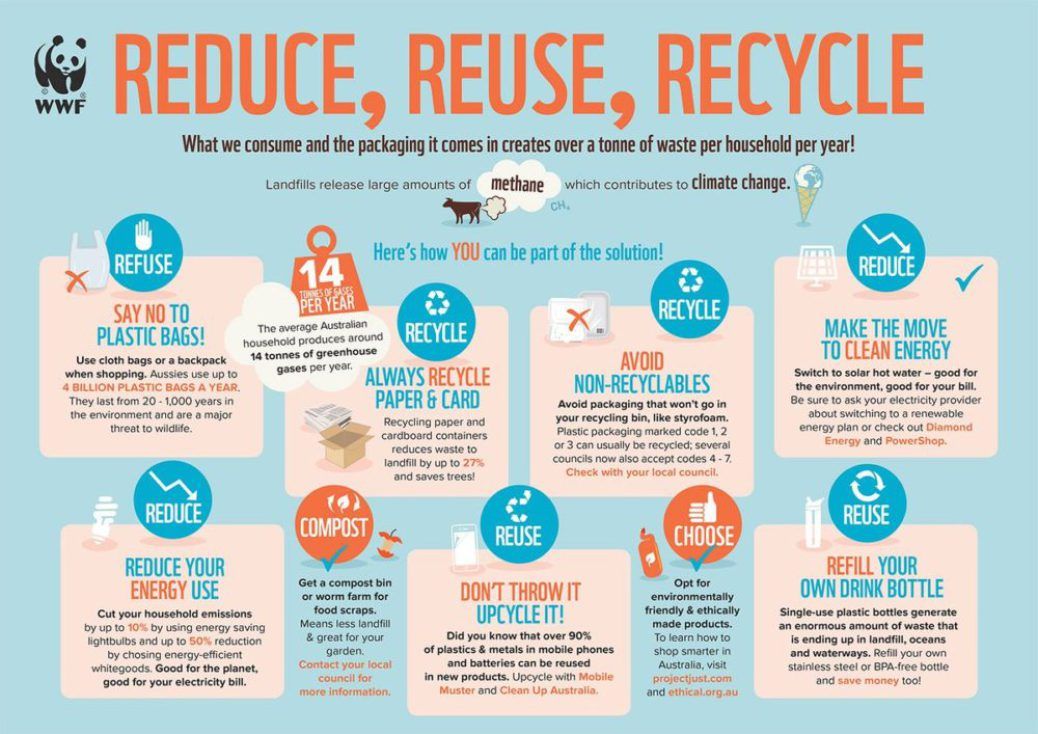
The UFSSP of Pomorye explained that an application for the suspension of enforcement proceedings can be submitted at the recruiting offices of military commissariats. Earlier, we already said that northerners participating in a special operation can “freeze” the cancellation of their debts. The press service of the UFSSP explained that after their return, the recovery would be resumed.
news from the story
Subscribe to important news about the special operation in Ukraine
Let's return to the topic of fathers and recall that they can get a deferment from the draft for partial mobilization, but in two cases: either when the father brings up the child alone, or if he has at least four dependent children under the age of 16. In some cases, fathers who are raising a child with a disability may also be eligible for a deferment.
A few more texts on the topic that we published today:
- whether volunteers from the Arkhangelsk region will have a medical examination;
- whether the relatives of a special operation fighter will be helped with a ruble;
- how to return the money if you were turned back at the airport due to partial mobilization;
- mobilize not according to your VUS - is it legal;
- whether payments are due if a person goes missing.
Related
-
October 13, 2022, 08:00
Due to payments to the mobilized, their children may be deprived of benefits: how to calculate the family income if the husband was called up -
October 10, 2022, 09:00
Are the wounded and dead guaranteed three and a half trillion? Who insures the Russian military and is it possible to make money on it now -
October 07, 2022, 11:20
mobilization for students of non-state universities -
October 05, 2022, 15:30
How to get a refund if you were turned back at the airport due to partial mobilization? Responsible Rostourism -
October 05, 2022, 14:35
The first criminal case was opened in Russia for evading partial mobilization -
October 05, 2022, 14:25
Mobilized not according to your VUS - is it legal? The answer of the authorities of Pomorye -
October 05, 2022, 09:00
"An adventure without an answer to the question:" When will you be home?".


